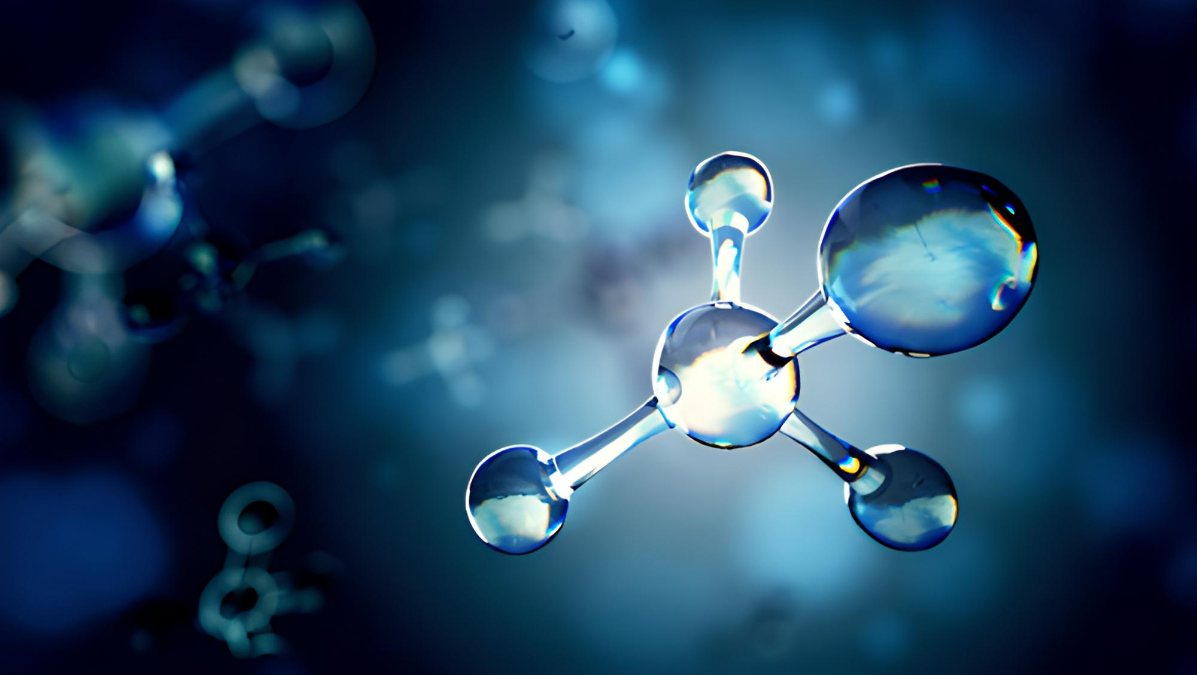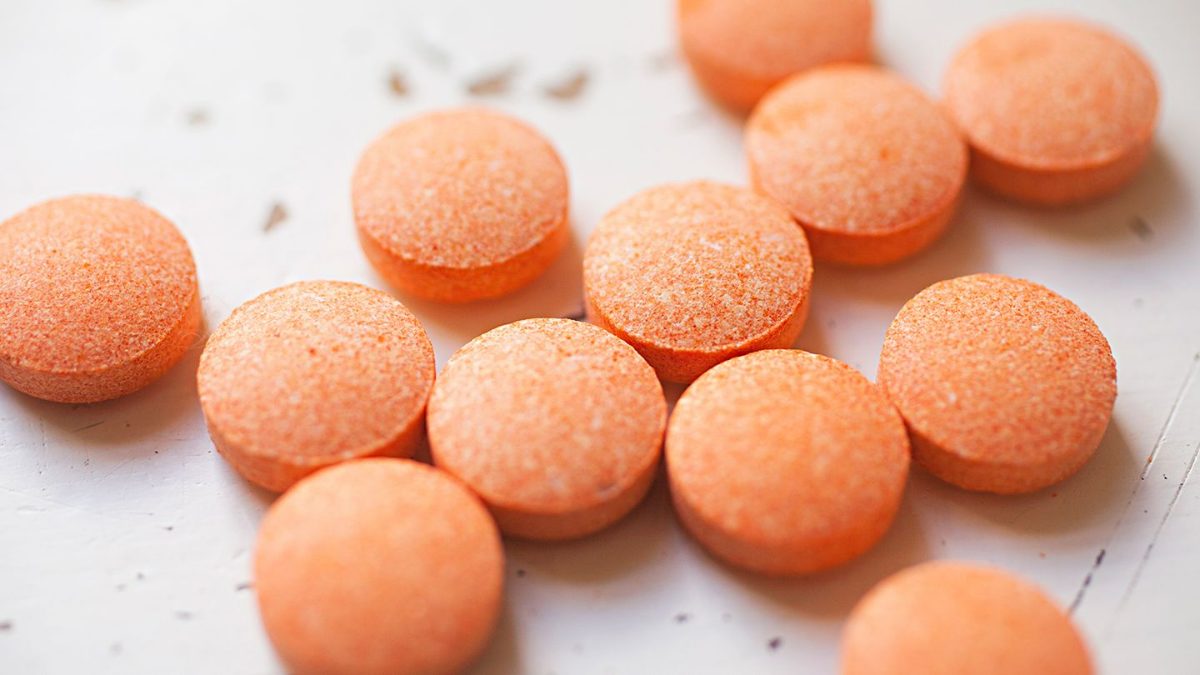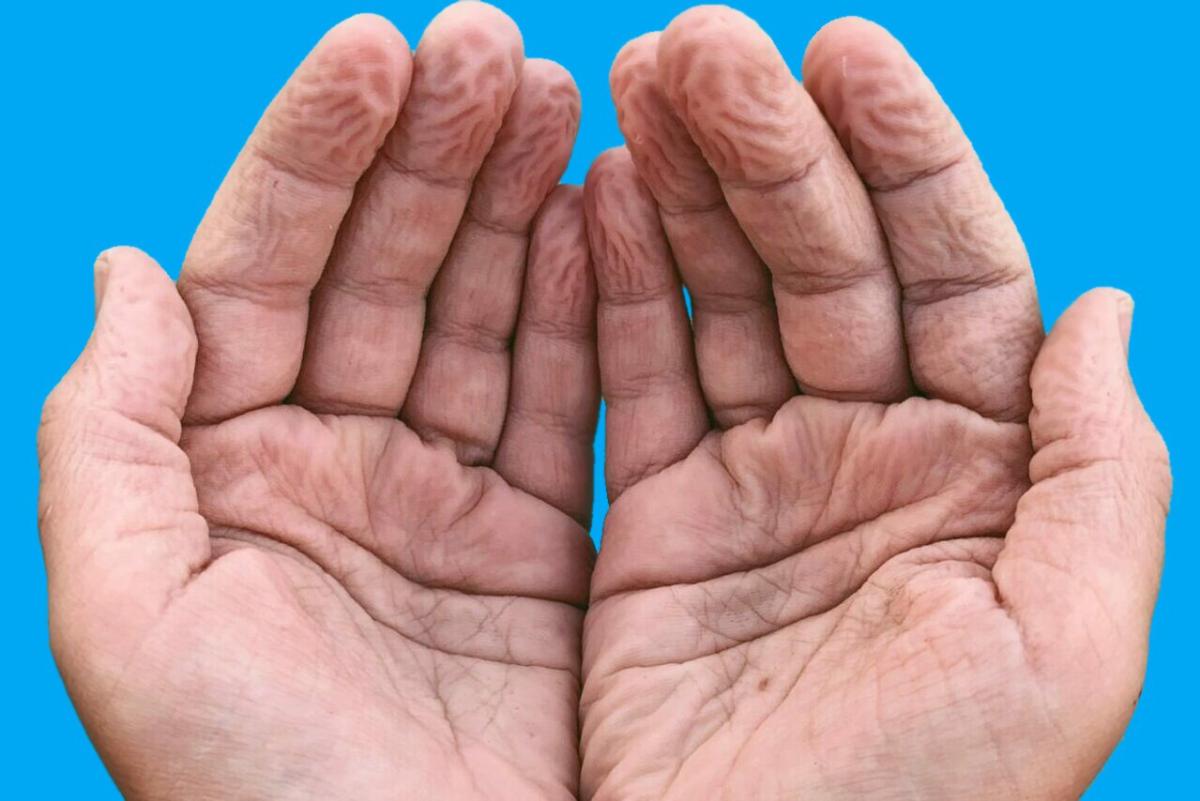After eating cherries, you shouldn’t drink water since doing so may cause your stomach to get uncomfortable. It’s likely that many children have heard their grandmother say this more than once. This grounded common sense keeps on going even today. However, is it even true? Is it feasible that rinsing your fruit down with water might actually be detrimental to your health?
Carbon dioxide
To this day, only a small number of scientists have addressed this issue. It is believed that microorganisms, such as a significant quantity of yeast fungus, which may be found on the cherry skins, are responsible for the problem.
These microorganisms convert the sugar in the delicious cherries into the gas, which is actually carbon dioxide, that causes flatulence. Yeast fungus, on the other hand, is generally killed off by the acid in the stomach. However, if significant amounts of water are consumed along with the fruit, the acid produced by the stomach may be neutralized and become useless.
Some disagree
However, the vast majority of experts disagree with this theory. When eating and drinking, the stomach constantly comes into contact with fungi and other microorganisms, and not just through stone fruit or cherries. After the food pulp, or chyme (the composition of undigested food, stomach juices, and digestive enzymes), has been swallowed, the stomach only has a little window of opportunity to start the fermentation process.
With or without water
Even if you don’t have any problem staying hydrated after eating stone fruit, the following still applies to you: Flatulence is another potential side effect of eating raw fruit on its own, without any water. This is due to the bacteria that are present in your intestines, and it occurs whenever food is digested effectively.
You experience flatulence as a result of the fermentation process, which removes the fructose from the fruit. In addition to producing carbon dioxide, fermentation in the colon also results in the generation of other digestive gases. This gas, which is also produced during the digestion of raw vegetables, has the potential to cause gastrointestinal pain as well as flatulence, still without water.





















